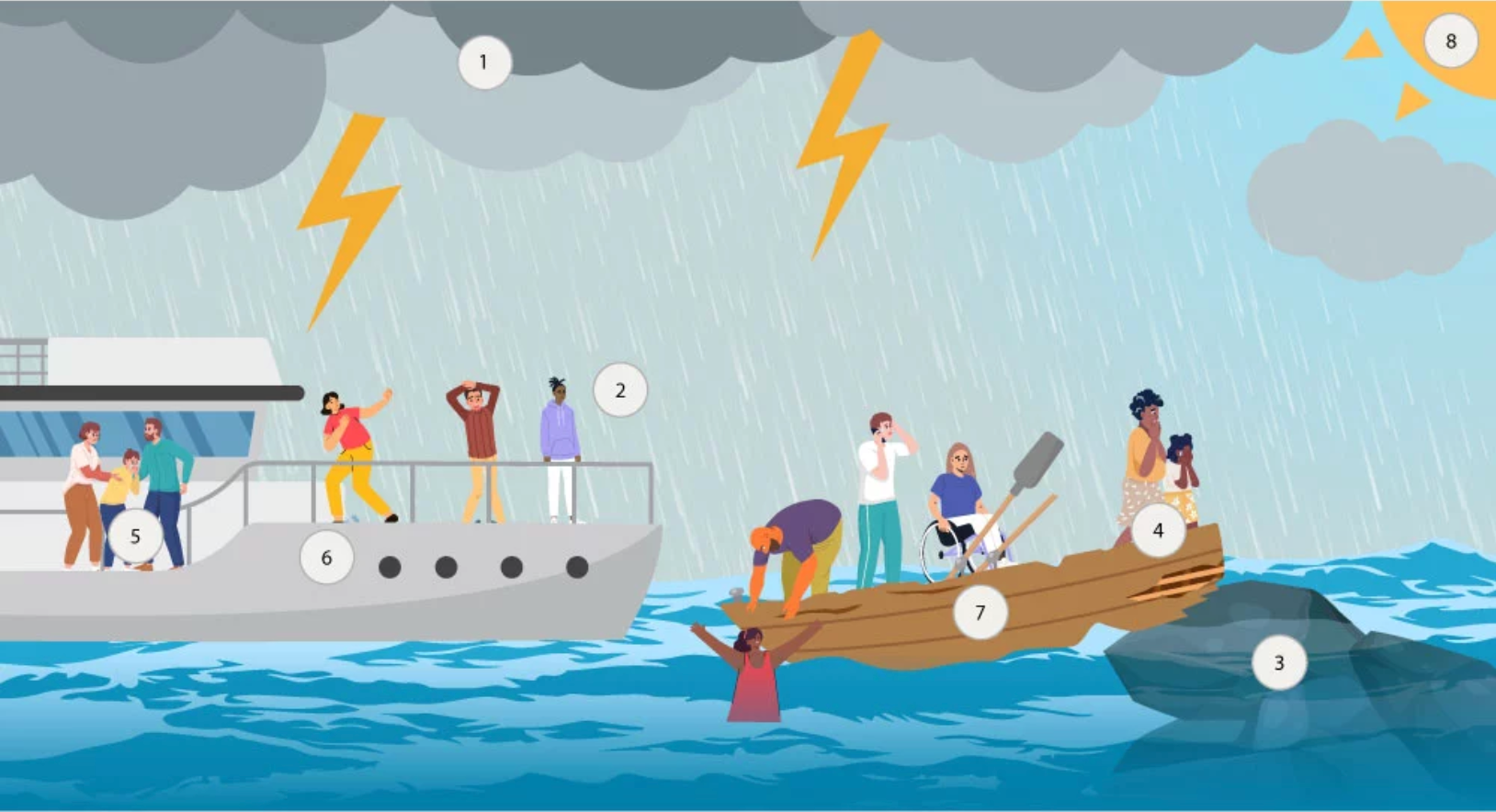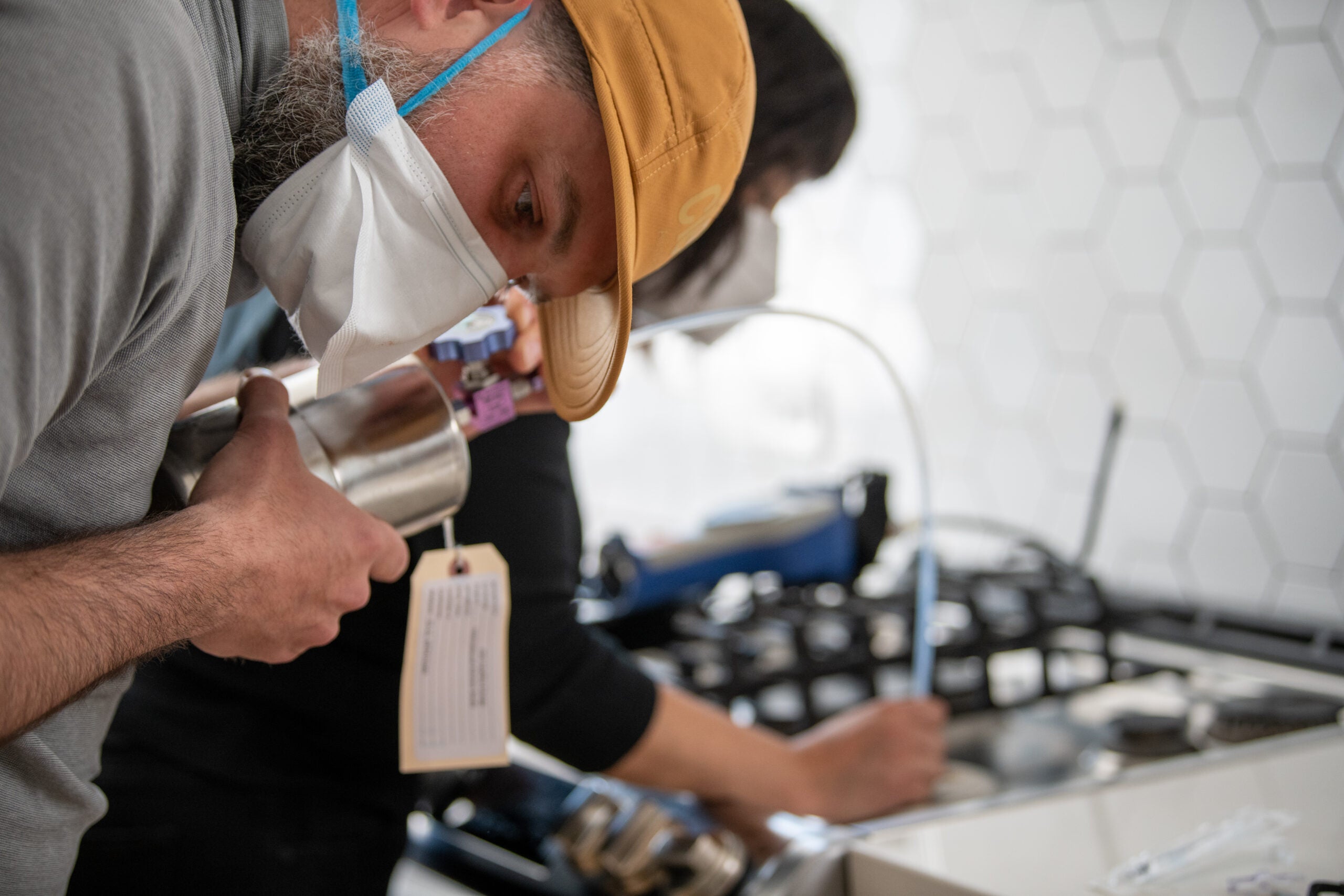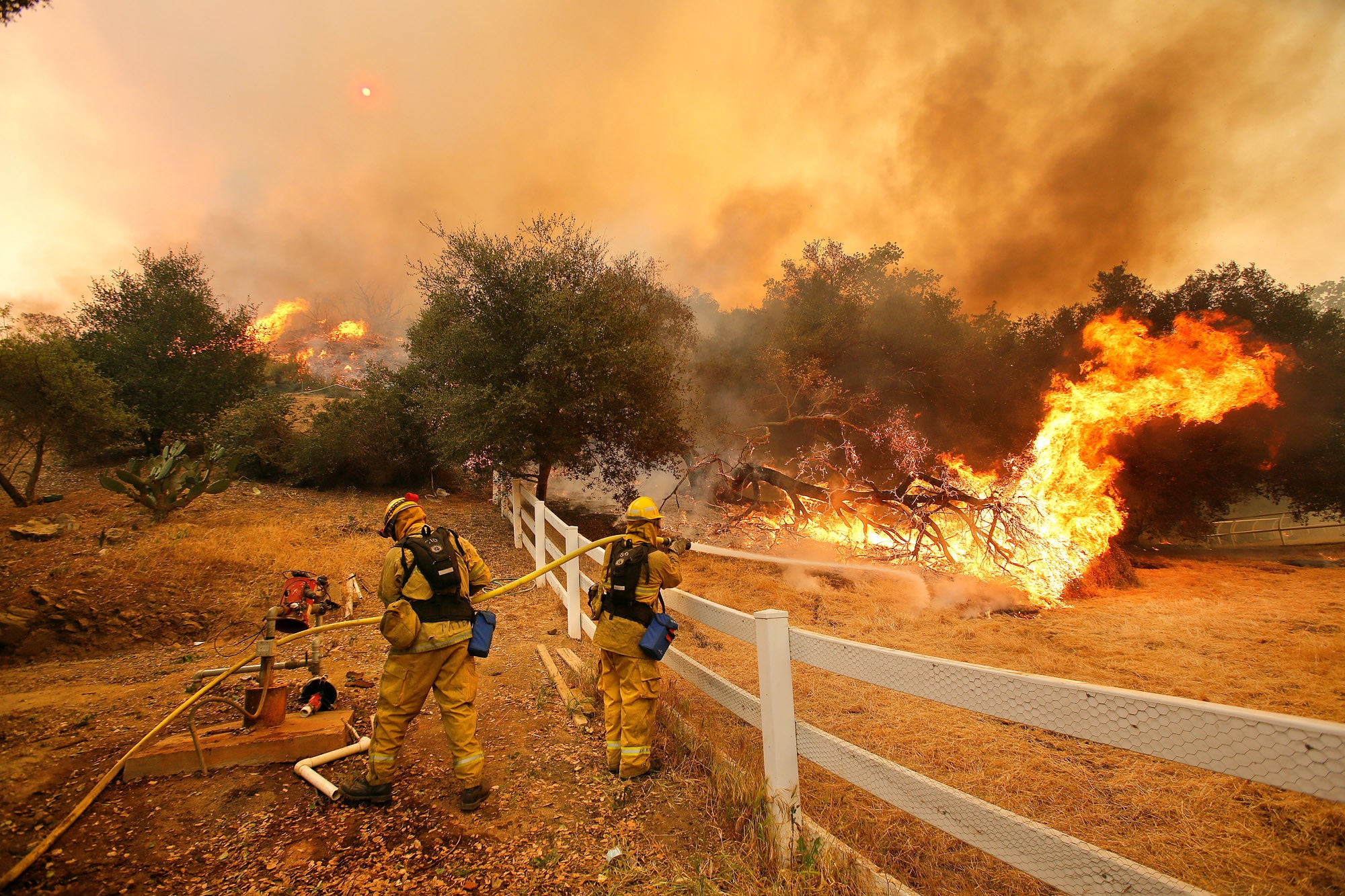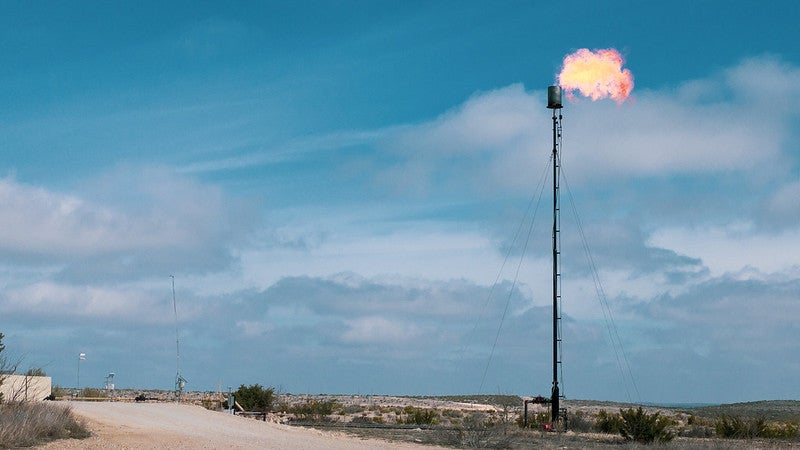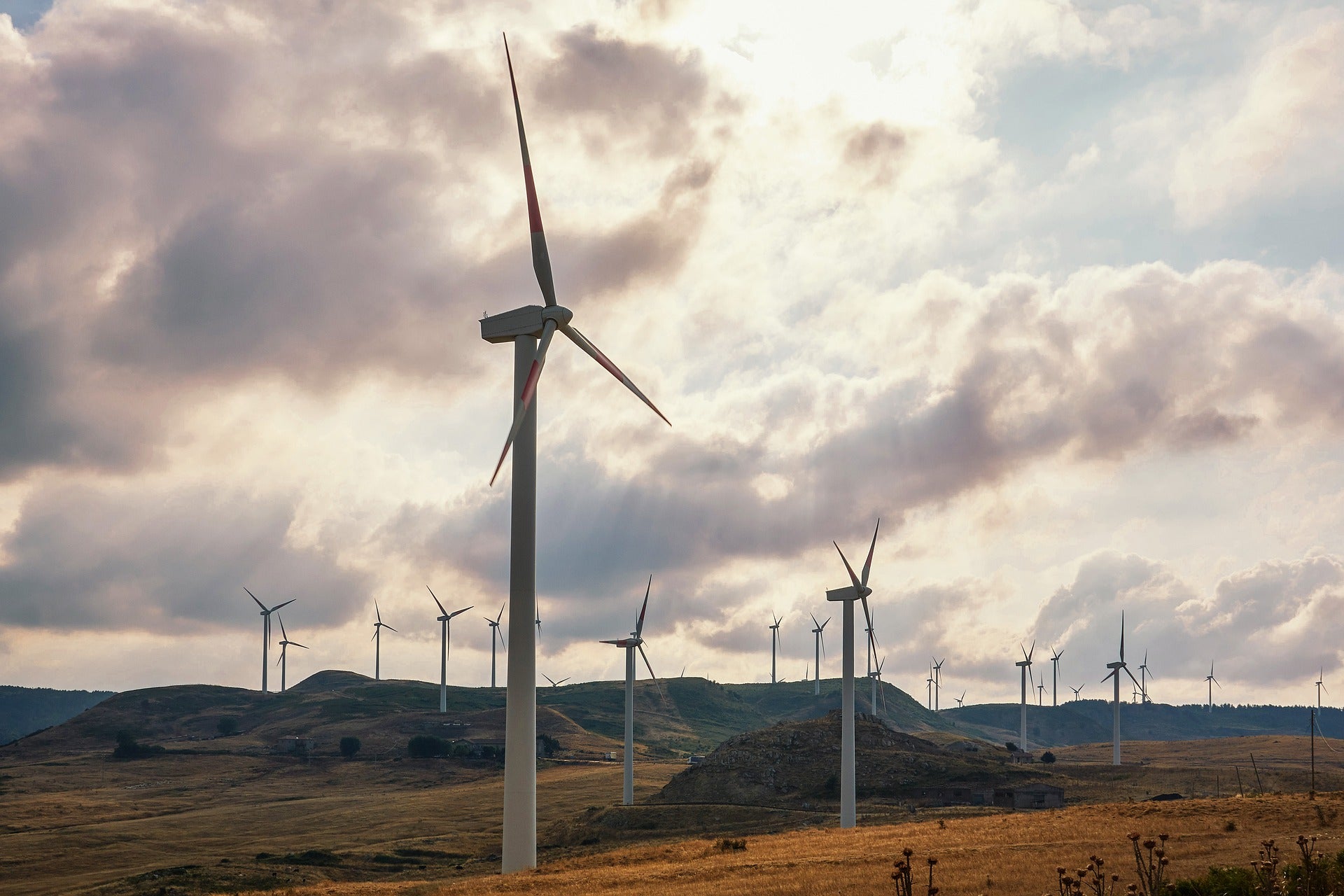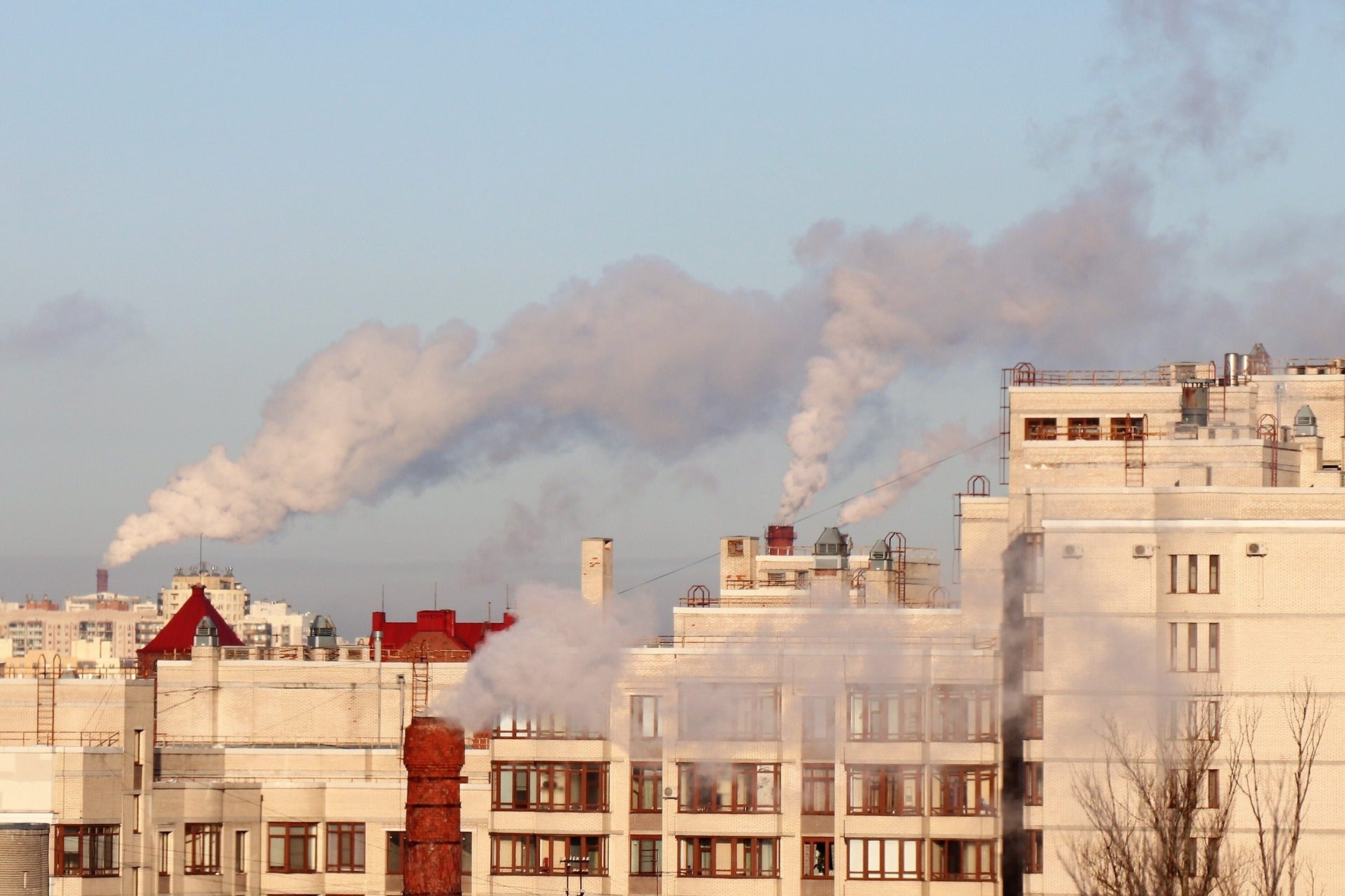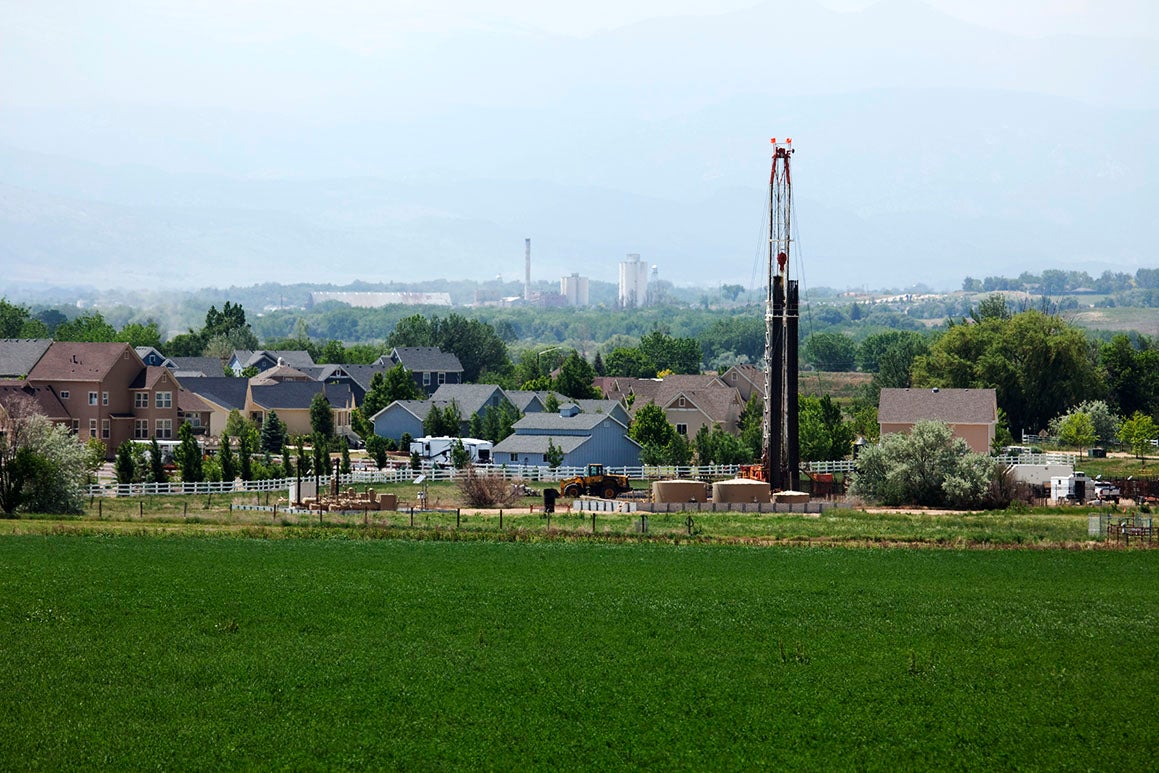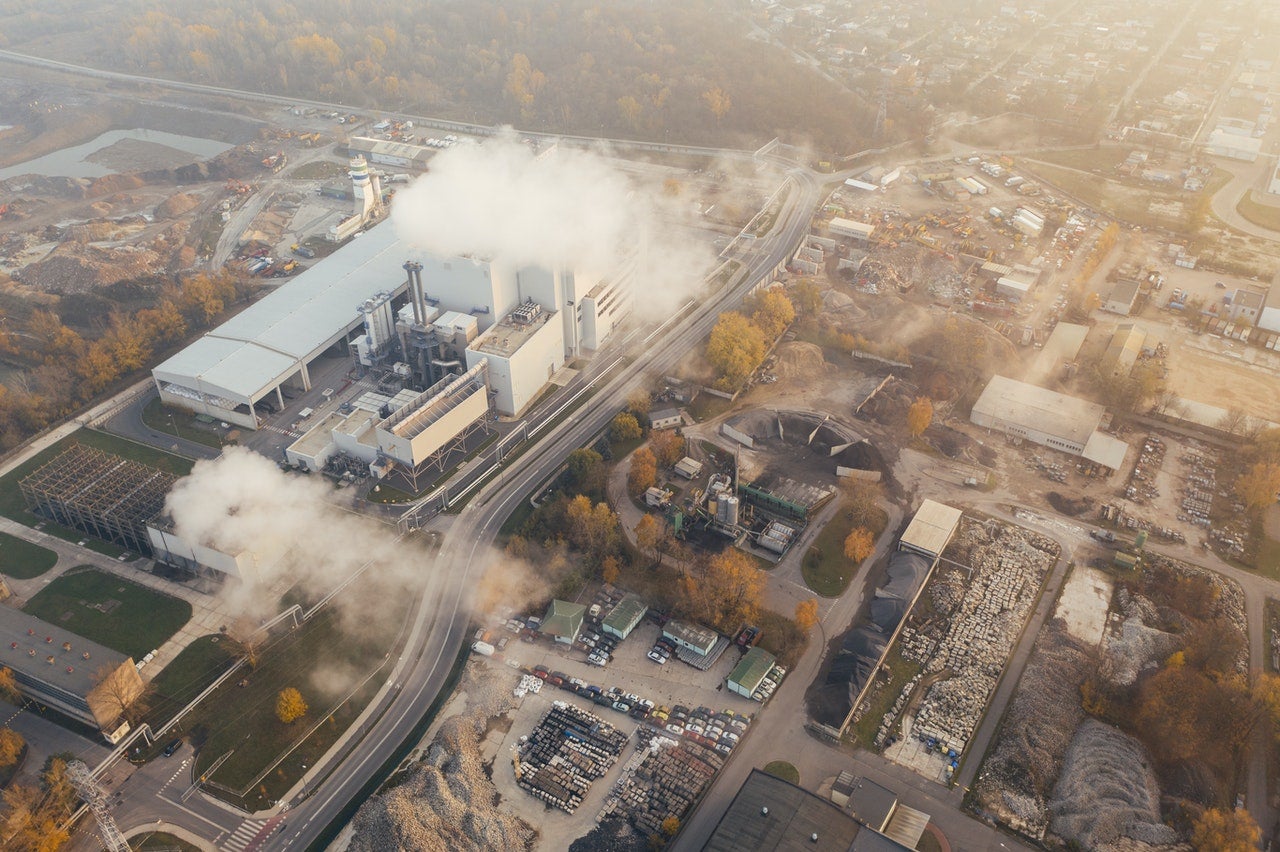A new literature review from our visiting scientist Drew Michanowicz and senior scientist at Physicians, Scientists, and Engineers (PSE) for Healthy Energy looks at 270 unique studies from 10 years of research on methane.
The findings suggest that targeting methane emissions, particularly from oil and gas infrastructure near where people live, work, and play, is an essential and undervalued strategy to protect public health, but exclusively focusing on controlling methane emissions may overlook major sources of health-damaging air pollutant emissions throughout the oil and gas sector.
Key takeaways
- There is unequivocal evidence to support swift and aggressive actions to avoid shorter-term global warming and reduce public health harm.
- Methane–a powerful greenhouse gas–is nearly always emitted alongside heath-damaging air pollutants (HDAPs). Exposure to even small amounts of these HDAPs can cause premature birth, asthma, cancer, and other adverse health impacts.
- Reducing fugitive emissions (i.e., venting and leaks) throughout the oil and gas supply chain will result in the co-reduction of emissions of both methane and certain HDAPs.
Policy recommendations
- Calls for additional research should not be used as a barrier for taking immediate action through emission controls and monitoring systems to further reduce oil and gas emissions.
- The greatest opportunity to protect both public health and the climate is by addressing sources near population centers and the relatively small number of sources located throughout the oil and gas supply chains that are responsible for a disproportionately large fraction of methane and HDAP emissions (i.e., super-emitters).
- Super-emitters of both methane and HDAPs are present in every sector of the oil and gas supply chain, providing clear evidence that substantial emissions reductions are possible.
- A comprehensive approach to reducing methane and HDAP emissions should include installing maximum achievable equipment controls, conducting routine preventative maintenance, and integrating new monitoring technologies to improve upon existing operational and maintenance practices such as leak detection and repair programs.
- The transition away from oil and gas must be managed in a way that does not result in degraded operation and maintenance practices and potentially increased emissions.
Related materials
The literature review was authored by Drew R. Michanowicz, DrPH, MPH, CPH; Eric D. Lebel, PhD; Jeremy K. Domen, MS; Lee Ann L. Hill, MPH; Jessie M. Jaeger, MPH, MCP; Jessica E. Schiff; Elena M. Krieger, PhD; Zoya Banan, PhD; Curtis L. Nordgaard, MD; and Seth B.C. Shonkoff, PhD, MPH.


